Bridging generations: a philanthropic legacy
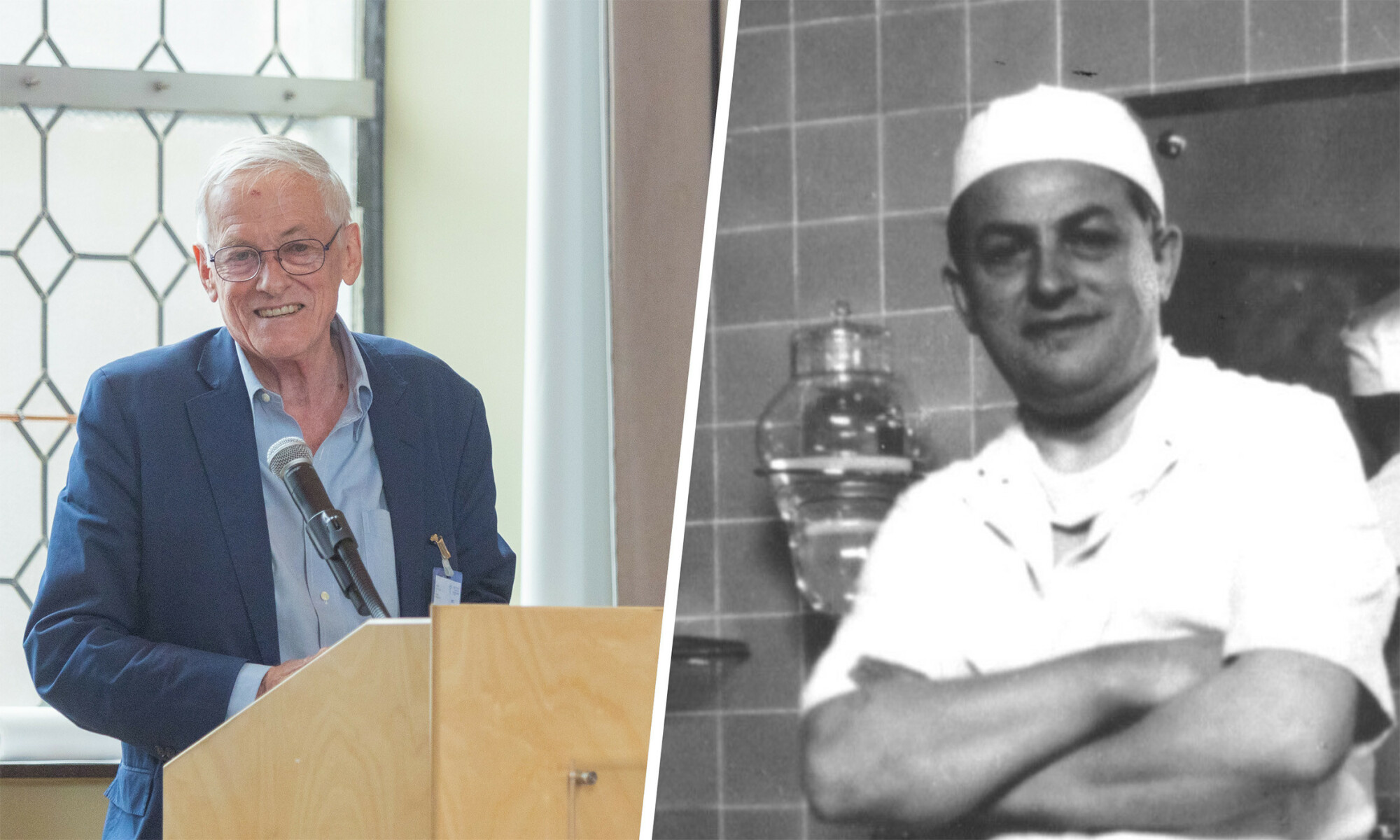
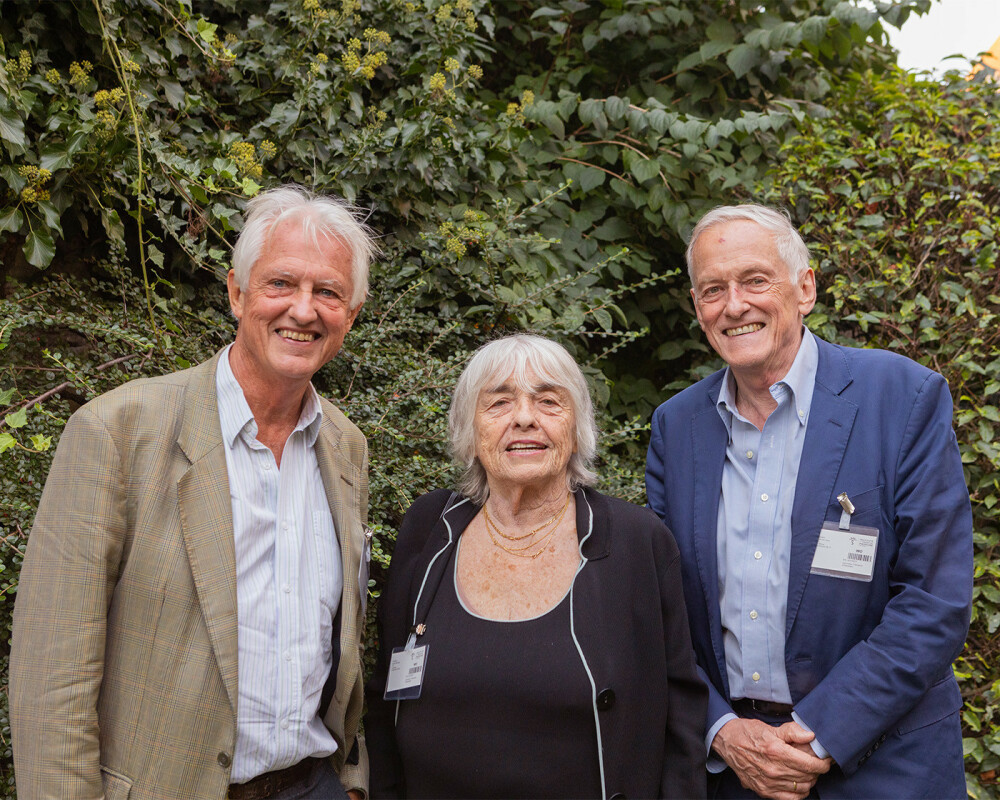
Header: Dr Romain De Cock, surgeon (on the right) and Kevin M. De Cock, MD, son of Romain De Cock (on the left)
On 20 September 2023, we had the pleasure of welcoming Kevin De Cock and his family to ITM for the fundraising celebration event "An Afternoon of Gratitude: Honoring Dr Romain De Cock". Kevin De Cock is the son of Romain De Cock Sr. and related to Firmin De Waele, a philanthropist who bequeathed ITM and donated the proceeds from the sale of three houses. In this interview, Kevin De Cock shares insights into his family's philanthropic legacy and its connection with ITM.
For those who did not attend the celebration, could you explain your connection to Firmin De Waele? How does he relate to Romain De Cock?
My father Romain De Cock Sr. and Firmin’s mother Rachel De Waele were cousins and close friends. Rachel was godmother (“meter”) to my sister Jacqui, and Firmin’s wife Loulou was mine. When Firmin bequeathed ITM, I suggested the proceeds serve as a remembrance of Romain De Cock, who was so committed to surgery and the medical profession.
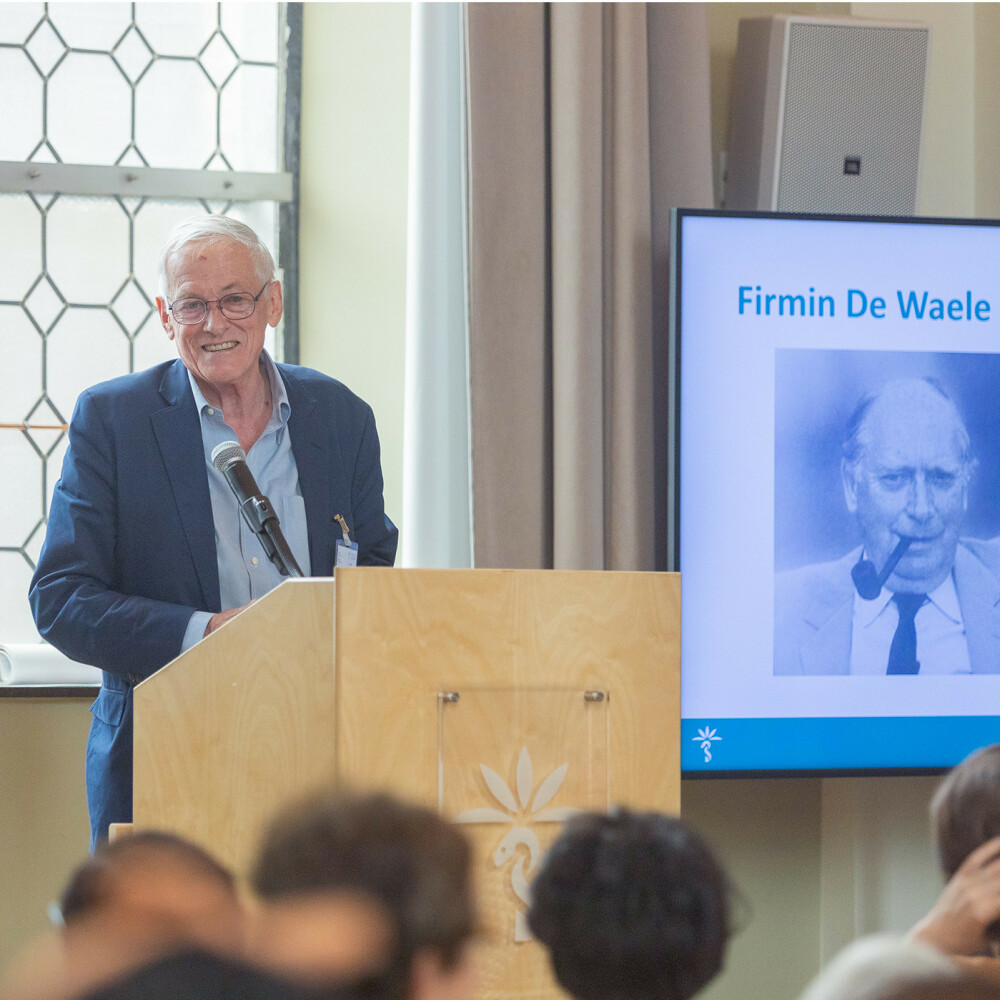
You played an important role in Firmin’s choice to bequeath ITM. How did you get involved with the institute?
My interactions with ITM go back to the early-to-mid 1980s when I first met Peter Piot, Marie Laga, Guido van der Groen, and Bob Colebunders. I met some of them in Nairobi and others through my work at Projet SIDA with CDC, the US Centers for Disease Control and Prevention.
When we met you, we gathered that philanthropy is a strong tradition in your family.
It was mostly Firmin De Waele who was charitable, especially after the loss of his daughter in 1972 and his wife in 2001. A few years after Loulou's passing, Firmin expressed his desire to make a donation to support the kind of work I did in global health. I was working for CDC so we initially considered the CDC Foundation. However, we concluded that a gift to ITM would be simpler. I advised Firmin to meet with Marie Laga to get an understanding of ITM’s impactful work, which impressed him profoundly. After his talk with Marie, he was convinced that ITM was a cause worthy of his support.
So the exchange between Firmin and Marie triggered the creation of ITM’s Romain De Cock scholarship programme. Are you satisfied with the way in which the programme is being handled?
I am grateful I could play a role in the early decision-making, especially in the concept of a scholarship. Scholarships allow for investments in individuals rather than in inanimate infrastructure. I hope the Institute will manage its fundraising and invest the raised funds in a way that the scholarship remains sustainable for years to come.
What is your general impression of the Romain De Cock scholarships?
In honour of my father, I appreciate that priority is given to students bridging public health and “global surgery”, a concept that merits further development, although it is not an absolute requirement. We chose this because my father was a surgeon, but also because other topics I have focused on throughout my career, such as HIV and tuberculosis, already have major funding. The broad topic of global surgery covers the overlap between public health and surgery, and I included some relevant work and references in my comments at the September meeting at ITM. The subject is embryonic, needs development and clearer definition, and is an important element of universal health coverage. It has a place in two overriding global health priorities, health security and universal health coverage. Events such as the situation in the Middle East right now illustrate the relevance of the topic. An early agenda such as that of global surgery offers opportunities, because it is still at a stage where simple work and studies can offer important contributions. I hope ITM will capitalise on some of the available opportunities in this field.
Romain De Cock scholarship programme
To honour the legacy of Dr Romain De Cock, we launched the Romain De Cock scholarship, awarded yearly to a student from a low- or middle-income country to enrol in a master 's programme at ITM.
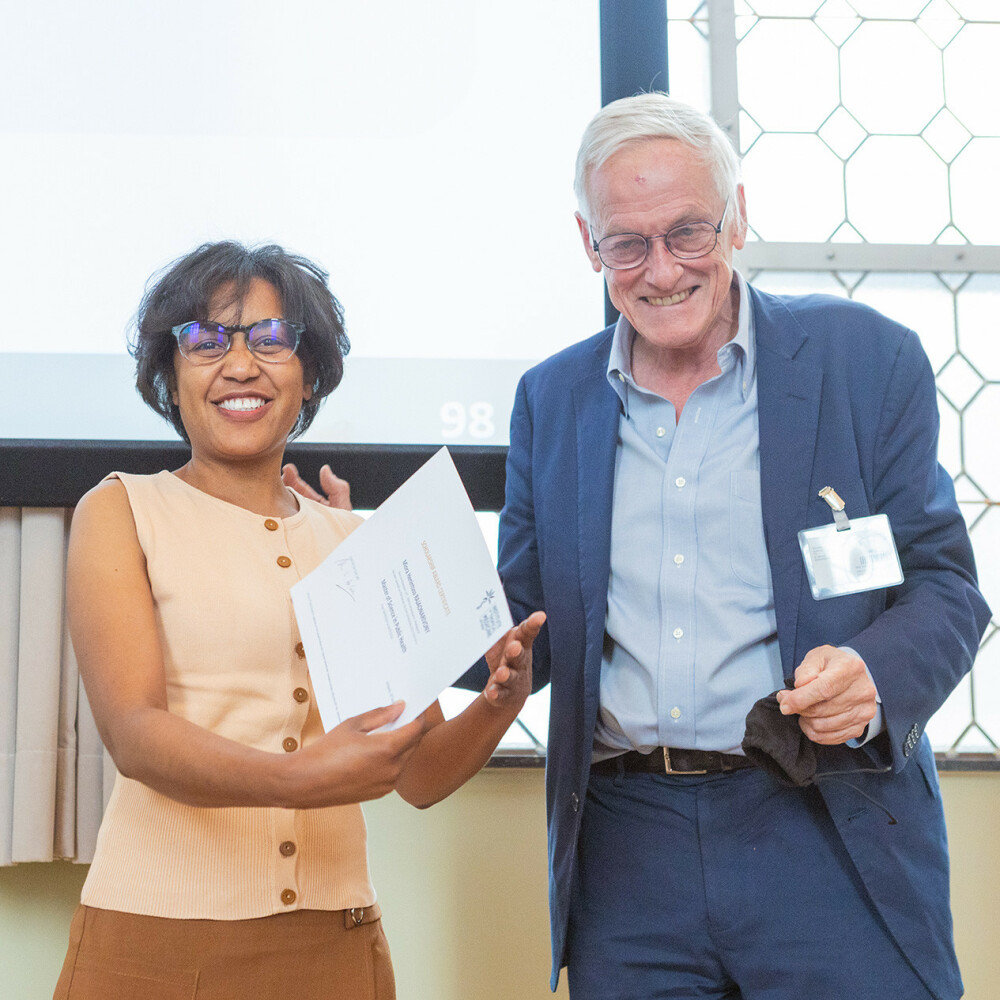
Firmin’s endowment also prompted ITM’s fundraising programme. It includes a bimonthly newsletter for those involved, whether they are actual financial donors or not, as well as opportunities for business philanthropy & societal partners (e.g. foundations, charitable families) to invest in societal impact through ITM’s research community. How do you feel about this broad spectrum of possibilities for philanthropic collaboration with ITM?
Establishing a broad fundraising approach is essential. The social responsibility side of business partners is an important aspect in philanthropy but should always be considered with care. Having a clear separation between business interests and philanthropy is crucial to avoid any perception of conflicts of interest. Legal advice is certainly needed as you need a firewall between business and philanthropy. Are there any businesses you don’t want money from? Yes – as a public health institute you would not, for example, want to raise money through the tobacco industry. l recall an example where some international museums, like the British Museum in London, faced questions after having accepted donations from the Sackler Foundation (linked to pharmaceutical interests relevant to the opioid epidemic in the United States). Caution is needed when it comes to these matters.
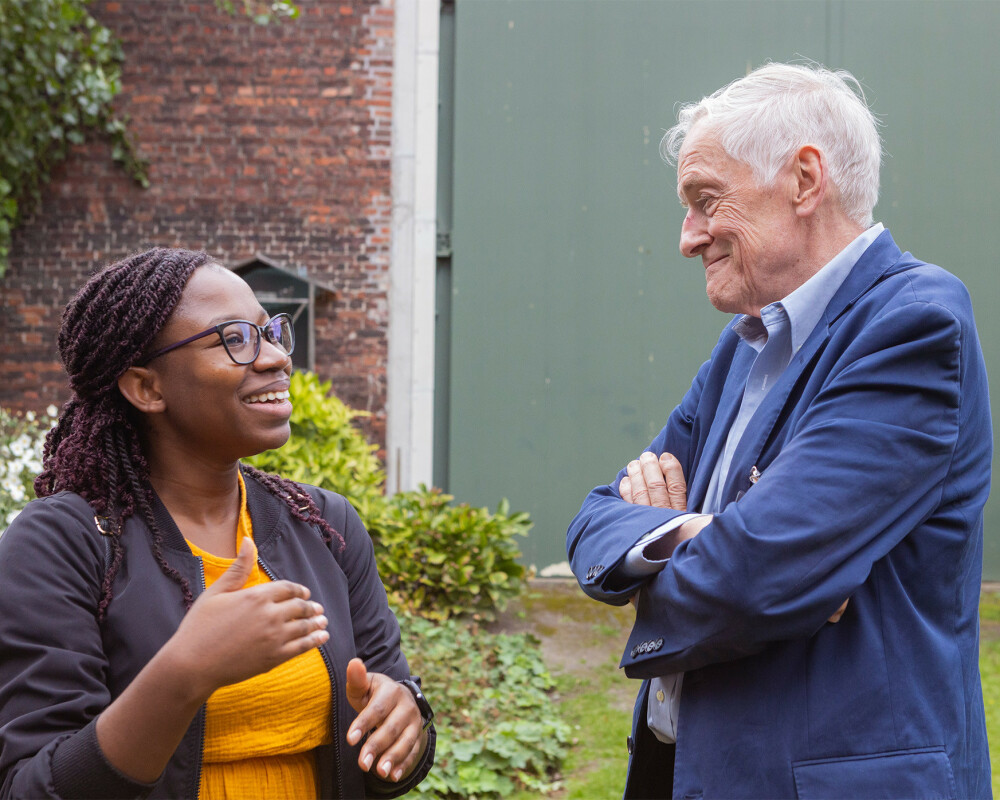
When accepting philanthropic funding, it is good to look at what is done by other organisations active in the field of public health and global surgery and within other international universities. Research organisations like the Wellcome Trust, which depends completely on its large endowments, do an excellent job. Some NGO’s such as MSF do not accept government money and also do extremely well. I am not a specialist, but it seems to me that alumni should be involved in fundraising as well. Don’t forget them! Philanthropy is an evolving concept in Africa. For the time being, African philanthropy often is very locally oriented, but the number of African wealthy families is increasing. This may create opportunities. ITM alumni will hold responsible job positions in Africa, so international philanthropic concepts could be explored.
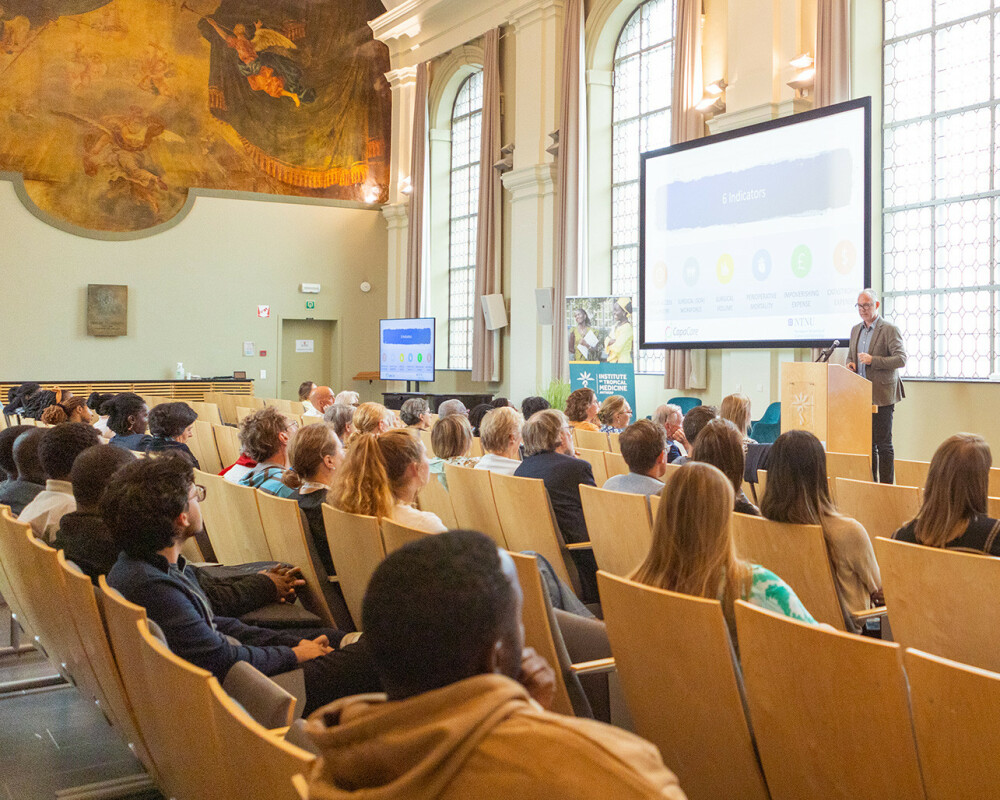
How did you enjoy your visit and the hosted talks at ITM’s fundraising celebration event in September?
My family was very pleased to have been invited to the event at ITM and enjoyed it very much. It is very generous of ITM to name the scholarship programme after my father. For me personally, the link with ITM means a lot.
You retired from CDC in 2020. Did this prompt any philanthropic engagement?
I don’t consider myself a philanthropist, but I do some voluntary work. I became a board member of a private family foundation. I also stay involved in consulting, writing and teaching. I review manuscripts, abstracts for conferences, those kinds of things. Since my retirement from CDC I have given a couple of lectures for ITM and examined Master’s and PhD student theses – I have been very happy to do this.
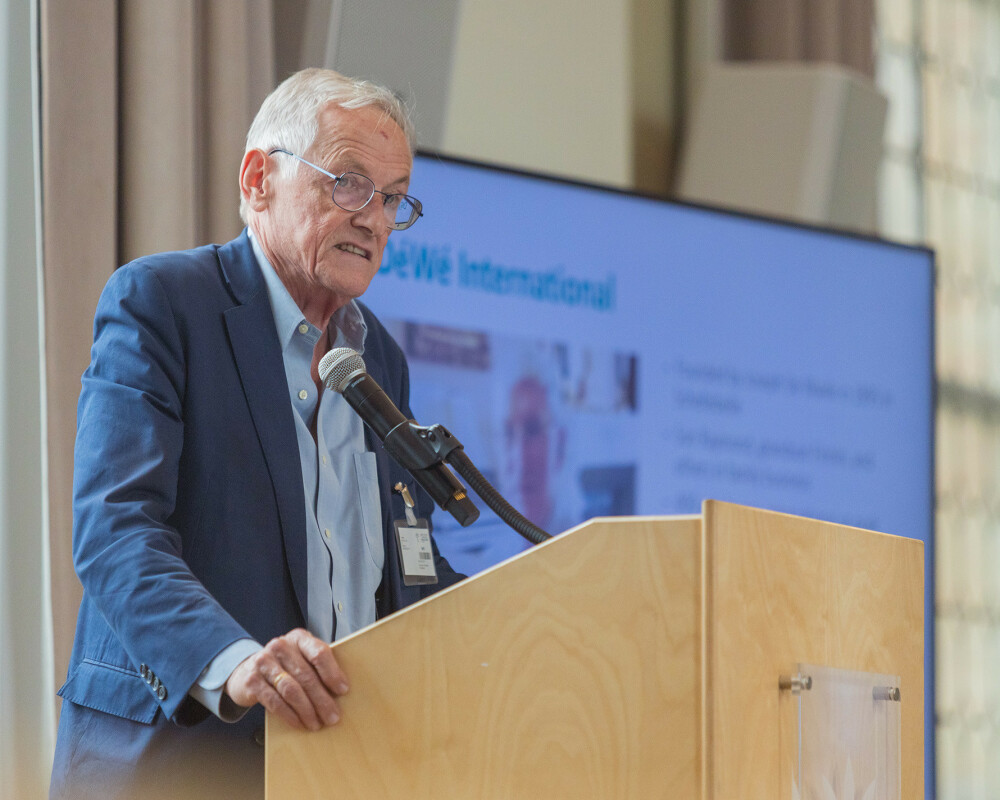
Would you like to close off with a wish or recommendation for ITM and our role in global health?
The world is in a perilous state right now and the discipline and practice of global health itself requires examination and discussion. The call for “decolonising global health” and “inclusiveness, equity, and diversity” is relevant to all schools of public health and tropical medicine. It requires thoughtful analysis of the past and shaping of an equitable future. ITM should be heard in this debate, along with partner institutions and organisations. While this might be an unconventional note to end an interview on, it is a topic I would like to learn more about, especially in the context of what is happening at ITM and the Institute’s evolution.
Thank you once again for this interview and your contribution to the world of global health. We look forward to maintaining this meaningful partnership in the years to come.
Spread the word! Share this story on









